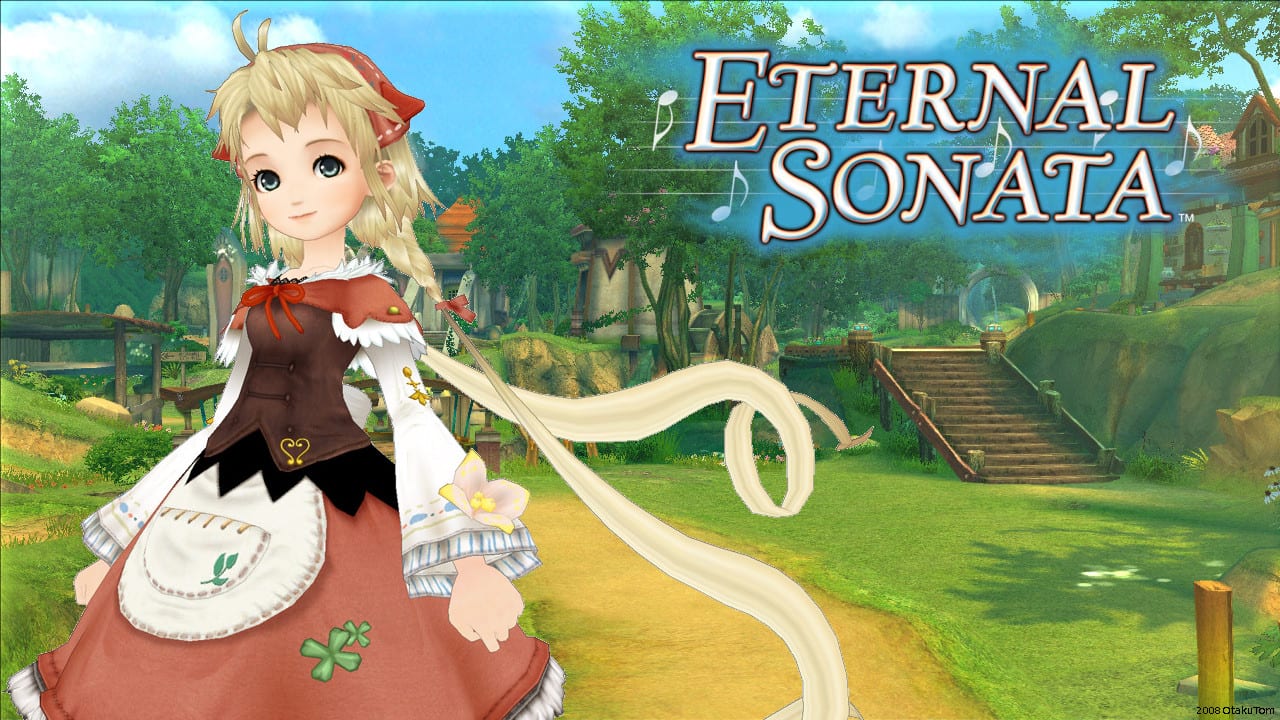Hello and welcome to Games You Should Play, a series where I discuss games you might not have played but should if you love video games.
As an avid JRPG fan there’s a few things that, even I have to admit, hold people back from becoming attached to the genre as much as they perhaps should. This might be setting (everything involves saving the world from armageddon), a difficult to grasp battle system or maybe just an over reliance on the Japanese culture which leads to a downright refusal to “Westernise” the game for international audiences. But every now and then a game like Eternal Sonata comes along and becomes so good that even though it might fall victim to these flaws of the genre, it becomes a masterstroke despite it.
The Elevator Pitch
Take Frederic Chopin, a real historical figure from the 19th century (considered to be one of the greatest pianists of all time), on his deathbed and throw him into an over-the-top fantasy world full of magic, monsters, and political intrigue. Regardless of its seemly out-there plot, Eternal Sonata presents an engrossingly imaginative world with awesome gameplay and a story that you can’t help care about.
Why Should You Play It?
-Story:
First off, as you can tell from the elevator pitch, this game does have a dark undertone to it with pieces of Chopin’s real life experiences sprinkled in for good measure, but it never necessarily overtakes the fun of the game. Eternal Sonata offers the charm and fun of some of the best JRPG’s. But with the story of Chopin, it adds a much needed weight to what’s going on as the fantasy meets the reality in a very interesting and unique way
-Combat
Secondly, the battle system is really, really fun. Battles are turned based, but each character has an action gauge that decreases in real-time as you move, attack, and use items and special attacks.
-Strategy
The strategy of Sonata revolves around the distinction between light and shadow. Not only do enemies dramatically change depending on whether they’re standing in a light area or covered in shadow (a small flying bat in the light will transform into a gigantic scorpion in the shadow, for example), but your own party’s special attacks will vary depending on whether you’re in a light or shadowed area. Shadow attacks are generally more powerful, while light attacks can either be offensive or healing. There are also status inflicting attacks that can cast a shadow on someone no matter what, preventing that character from using a much-needed healing attack, and vice versa.
-Depth
As you progress, your training wheels are slowly taken off by altering the rules of battle to make things more difficult. At the start, your action gauge pauses whenever you pause, but later, it will deplete in real time no matter what you’re doing, giving you less time to think before acting. On initial glance that might seem worrisome if you’re not a JRPG fan but the game is paced out well enough that difficulty spike is like a well made mountain cliff rather than an avalanche of confusion. Also to balance things out, you’re also given extra slots for items and special attacks as you progress, to make up for the increasing difficulty. This dynamic aspect of the system also helps keep things fresh, alleviating some of the boredom that often results from trudging through a JRPG’s many dungeons.
-Unique Experience
This may be the less technical and wholly subjective reason but Eternal Sonata has something to offer for non-JRPG fans and hardcore fans and I can guarantee once you’ve played the game you’ll understand why.
And that’s Why You Should Play Eternal Sonata.
